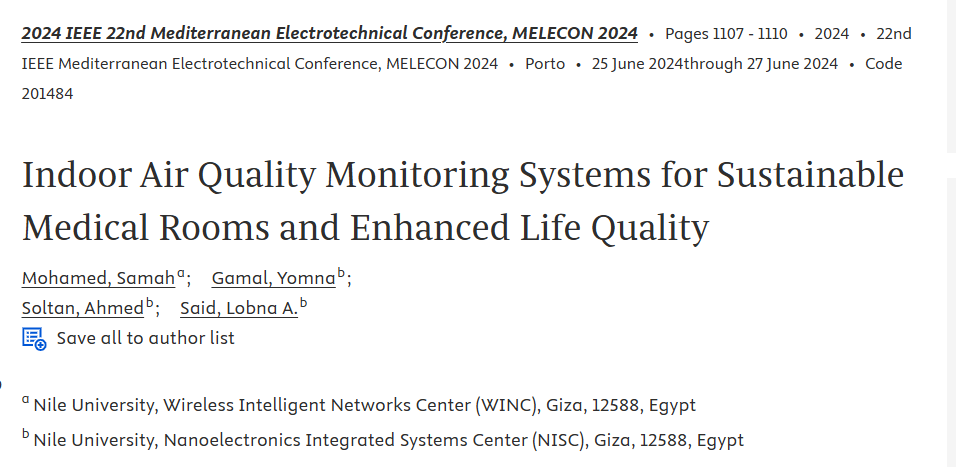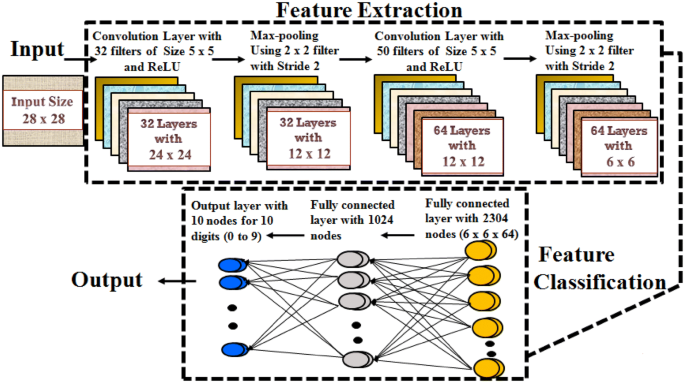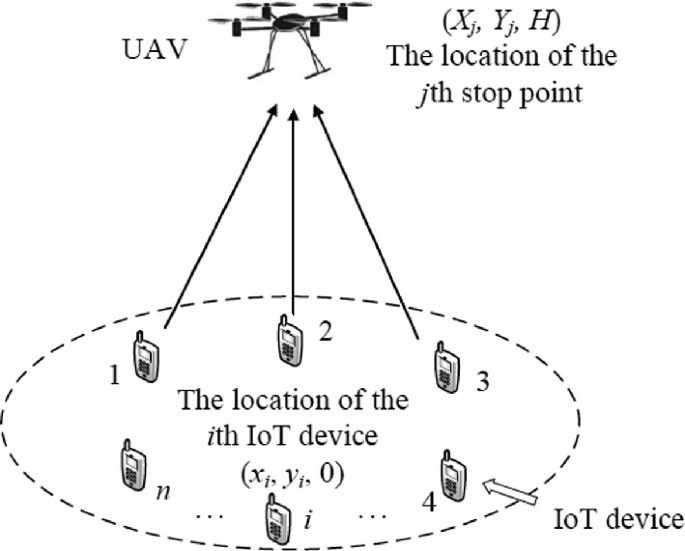
Software and Communications
Light-Weight Food Image Classification For Egyptian Cuisine
Food is an integral aspect of daily life in all cultures. It highly affects people's diets, eating behaviors, and overall health. People with poor eating habits are usually overweight or obese, which leads to chronic diseases such as diabetes and cardiovascular disease. Today, the classification of food images has several uses in managing medical conditions and dieting. Deep convolutional neural network (DCNN) architectures provide the foundation for the most recent food recognition models. However, DCNNs are computationally expensive due to high computation time and memory requirements. In
Light-Weight Intelligent Egyptian Food Detector For Diabetes Management
Diabetic patients need a management tool that combines multiple features and tracks and views detailed data time-efficiently. Effective food logging is an important element of health monitoring. In this paper, we propose 'Suger.ly', a lightweight mobile application with artificial intelligence food recognition for diabetes management. The system has been trained to recognize 101 distinct types of food, with a focus on Egyptian cuisine. The app can then get nutritional value and insulin calculations. The results obtained from the Single-Shot multibox Detection (SSD) MobileNet-V1 food detection

IOT-based air quality monitoring system for agriculture
Air quality assessment has been discussed for urban environments with a high degree of industrialization, as they are infested with hazardous chemicals and airborne pollutants. The assessment is carried out by monitoring stations, that basically support limited areas while leaving large geographical areas uncovered. The expansion in the agriculture sector directed us towards air quality assessment on the farms. This is because research has shown that crops can be injured when exposed to high concentrations of various air pollutants, while also affecting farmers' health states. But those air

Indoor Air Quality Monitoring Systems for Sustainable Medical Rooms and Enhanced Life Quality
Indoor air pollution poses a substantial risk to human health and well-being, underscoring the crucial requirement for efficient monitoring systems. This paper introduces an advanced Air Pollution Monitoring System (APMS) tailored explicitly for indoor settings. The APMS integrates sensors and a user interface, ensuring the delivery of real-time and precise data concerning air quality parameters such as particulate matter (PM), volatile organic compounds (VOCs), carbon dioxide (CO2), as well as temperature and humidity. The proposed APMS has several advantages, including low maintenance

An Intelligent Handwritten Digits and Characters Recognition System
The process of giving machines the ability to recognize human handwritten digits and characters is known as handwritten digit and character recognition. Handwritten digits and characters are imperfect, vary from person to person, and can be constructed with a variety of flavors. Therefore, it's not a simple assignment for the machine. In this paper, a machine learning algorithm has been made to detect handwritten digits and characters with high accuracy relative to the past models. The MNIST dataset is used to provide the model with the training and test datasets for its variety of data
Light-Weight Face Mask Detector
People's lives have been severely disrupted recently due to the COVID-19 outbreak's fast worldwide proliferation and transmission. An option for controlling the epidemic is to make individuals wear face masks in public. For such regulation, automatic and effective face detection systems are required. A facial mask recognition model for real-time video-recorded streaming is provided in this research, which categorizes the pictures as (with mask) or (without mask). A dataset from Kaggle was used to develop and assess the model. The suggested system is computationally more precise, efficient and
Accelerated Edge Detection Algorithm for High-Speed Applications
Digital Image Processing (DIP) is a growing field for various applications, such as autonomous vehicles and video surveillance. To improve the performance of DIP systems, image processing algorithms are implemented in hardware rather than software. The idea here is primarily to get a faster system than software imaging or other alternative hardware. Field-programmable gate arrays (FPGAs) have the advantages of parallel processing, low cost, and low power consumption. These semiconductor devices contain many logic blocks that can be programmed to perform everything from basic digital gate-level

IoT Microchip AVR Microcontroller's Fuses and Lock Bits High Voltage Programmer
This paper proposes a reliable wireless configuration bits programmer for remotely resetting incorrectly-written Microchip AVR microcontrollers' Fuses and Lock Bits. The incorrect configuration bits programming leads critically to a micro-controller malfunction which requires correct reprogramming. The proposed programmer utilizes Wi-Fi for enabling the remote configuration bits programming via a PC or a smart mobile device. It employs the Microchip AVR High Voltage Parallel and Serial Programming protocols which uniquely support the configuration bits programming feature. The configuration
Light-Weight Face Shape Classifier for Real-Time Applications
Deep neural networks (DNNs) are memory and computationally intensive; hence they are difficult to apply to real-time systems with limited resources. Therefore, the DNN models need to be carefully optimized. The solution was a model based on a convolutional neural network (CNN) called MobileNet that decreases the computational and space complexities with classification precision loss by utilizing depthwise separable convolutions. This study uses MobileNet vl architecture to improve image classification complexities to reach an acceptable complexity that can be used in real-time applications

UAV-Assisted IoT Data Collection Optimization Using Gaining-Sharing Knowledge Algorithm
Unmanned aerial vehicles (UAVs) provide an energy-efficient and robust solution for data collection from the internet of things (IoT) devices. However, the UAV’s deployment optimization, including locations of the UAV’s stop points, is necessary to save the overall energy consumption and conduct the data collection efficiently. Thus, the objective is to minimize the energy consumption of the UAV and the IoT devices while collecting the data efficiently. This chapter proposes gaining-sharing knowledge (GSK) algorithm for optimizing the UAV’s deployment. In GSK, the number of UAV’s stop points